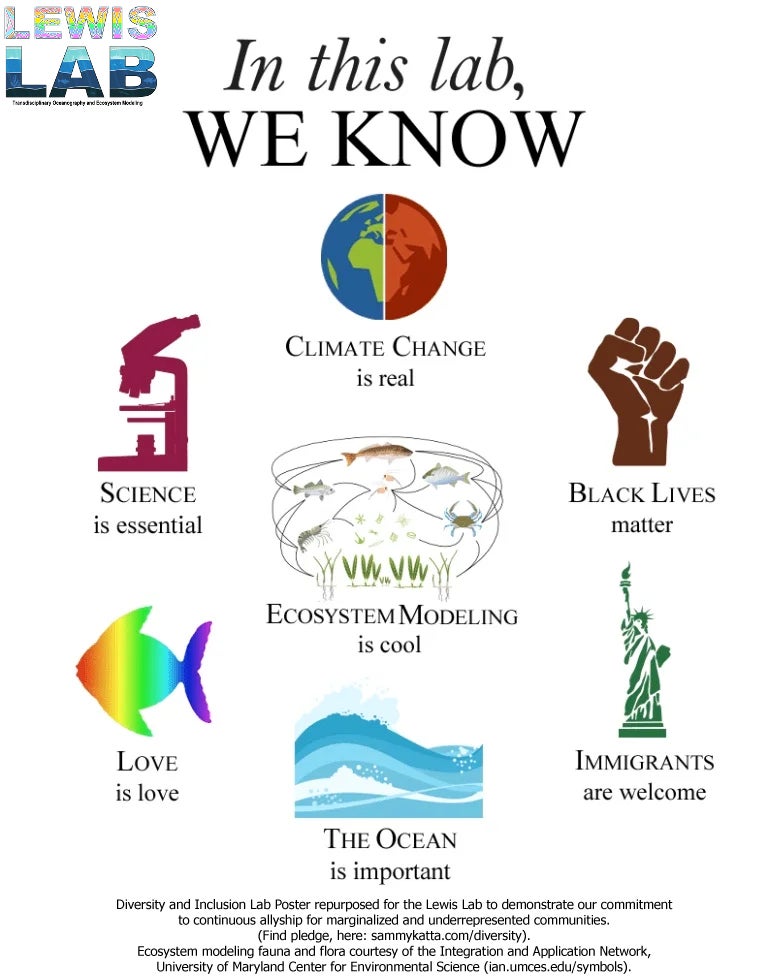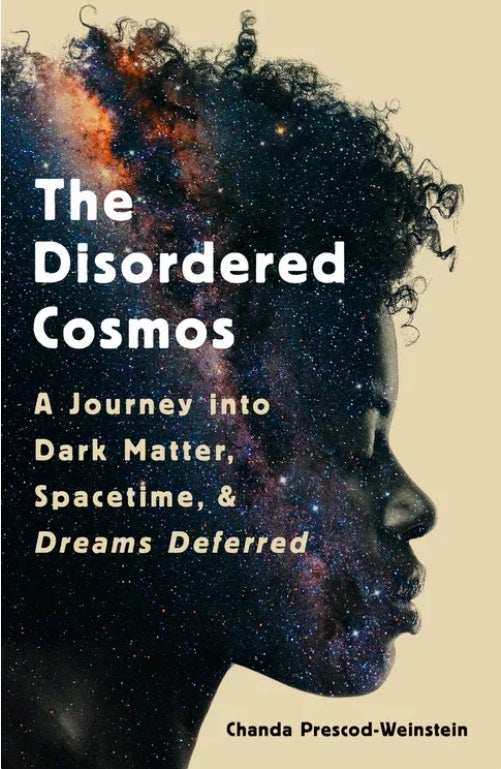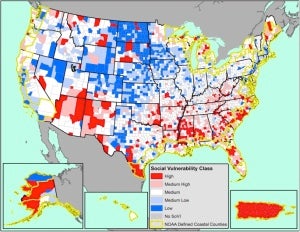In our lab we cultivate an environment where everyone experiences belonging. We value people of any age, culture, mental or physical ability, ethnicity, first generation status, familial status, gender identity and expression, sex, geographic background, marital status, national origin, race, religious and spiritual beliefs, sexual orientation, socioeconomic status, and veteran status.

We acknowledge the current and historic oppression experienced by Black, Indigenous, and People of Color and denounce the culture of white supremacy that has benefited white people at the direct expense of peoples who are not white or not white presenting, including the people in this lab.
We understand that collaborations built on centering historically excluded perspectives are critical to advancing science and society as we experience the catastrophic impacts of climate change. Our pursuit of knowledge must be just and move beyond colonial ways of knowing.
We vow to create an environment that is anti-racist by doing the necessary work at the personal, interpersonal and structural levels in this lab. We acknowledge the realities of bias and taken for granted assumptions that uphold white supremacy (even if unintentionally). We commit to speaking out against statements that are racist and oppressive, and act in support of movements and communities seeking equality and reparations.
Below we outline our collectively developed approaches to ensuring Lewis Lab actively pursues a culture of inclusivity and fosters a sense of belonging for all people who interact with us.
In our Lab Group
- We encourage historically underrepresented undergraduate students to seek out opportunities for research in our lab and we will serve as mentors for those that wish to pursue a career in marine and coastal ecology.
- We will foster a lab environment where members feel safer asking for help, sharing their needs and working collaboratively.
- We will recruit new lab members based on holistic evaluation, which includes lived experience as expertise.
- We will actively pursue knowledge that will interrupt discrimination and teach us how to breakdown the barriers to success faced by historically excluded groups.
- We commit to regularly discussing our norms, progress, and re-commitment to an inclusive culture. We encourage everyone to participate in shaping the lab environment and policies, and create opportunities for feedback to the PI.
In the Field
- We encourage research practices that address equity, consider the socio-ecological context of our work, and its impacts on diverse communities.
- We honor community knowledge, histories, and stories in our field sites
- We promote open and engaging field research, where all individuals may learn from one another, feel confident in participating, and understand that their concerns are valued.
In the Classroom
- We encourage students to adopt growth-mindsets; no student is “born bad at” a subject. Instead, we foster the idea that every skill can be learned and improved over time, regardless of previous ability.
- We design class activities with multiple pathways for learning and provide varied forms of assessment.
- We teach students how to collaborate, work in teams, and communicate across difference and discipline.
- We commit to consistently revisiting our teaching practices to ensure they use inclusive, trauma informed pedagogy.
In the Community
- Our lab members will regularly engage in outreach and partnership with our local community to communicate the science we are conducting.
- We will work as accomplices with historically underrepresented groups and actively amplify voices to break down antiquated systemic structures that perpetuate inequities.

Lewis Lab recommended resources:
List of foundations seeking aid:
Black Lives Matter
Looking Out Foundation
Planned Parenthood
Plan C Pills
National Network of Abortion Funds
List of readings we recommend:
–The Disordered Cosmos: A Journey into Dark Matter, Spacetime, & Dreams Deferred, by Chanda Prescod-Weinstein
–White Fragility by DiAngelo
How to be Anti-Rascist by Ibram X. Kendi
LAND ACKNOWLEDGMENT
The University of Rhode Island occupies the traditional stomping ground of the Narragansett Nation and the Niantic People. We honor and respect the enduring and continuing relationship between the Indigenous people and this land by teaching and learning more about their history and present-day communities, and by becoming stewards of the land we, too, inhabit. https://native-land.ca/


